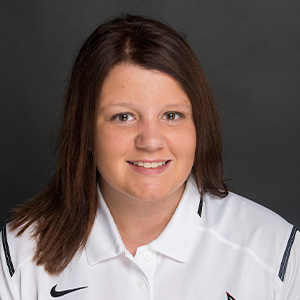

Engineering
Why Study Engineering?
Major | Agriculture/Engineering/Science | CAFES
UWRF's ABET-accredited engineering program prepares students for careers in machine design, food process engineering, building design engineering, natural resource engineering, test engineering, safety engineering and other fields. You'll enjoy small class sizes, hands-on learning and frequent contact and collaboration with faculty.
As an engineering major, you'll have the choice to focus on one of three options:
16
Fortune 500 Companies Close to Campus
$2.3M
In Scholarships Awarded in 2022-2023
99%
Of Grads are Employed or Attending Grad School

Engineering
cafes@uwrf.edu // 715-425-3535
Your Degree:
Undergraduate
Area of Study:
Agriculture/Engineering/Science
Get More Information
Interested in learning more about UWRF or any of our 70+ areas of study? Just share your contact information and we'll be in touch!
